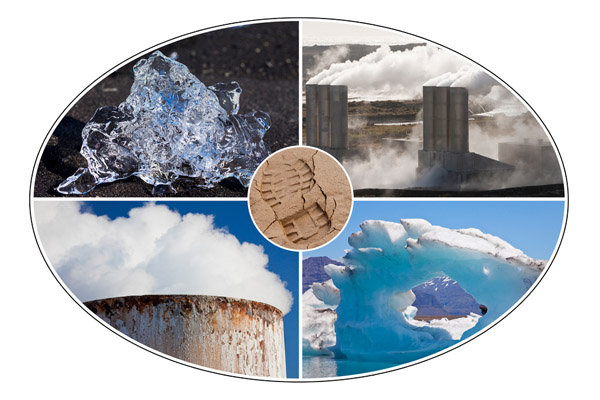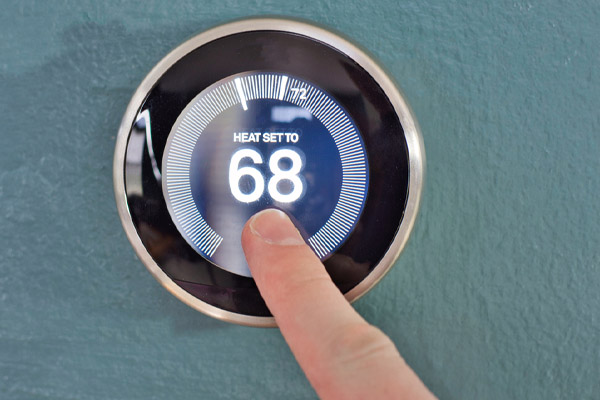Oil Heat
Alternative Energy: How Biofuels Reduce Carbon Footprints
It is not surprising that biofuels, fuel made from plants, are an important part of achieving alternative, more environmentally-friendly energy sources. They are renewable, which means they won’t run out in the future. This article includes a discussion on carbon footprints and Bioheat® heating oil as a means to reduce greenhouse gas emissions.
Read MoreHow Much Heating Oil Will I Use A Day?
Homeowners that have a heating oil system will need to keep enough fuel in their tanks to keep their homes warm during the winter season. Knowing your heating oil consumption will help you determine if you have enough to last you all winter and when to schedule a heating oil delivery.
Read MoreWhy Bio Fuel, Wind, & Solar Energy Can Lead To Sustainable Energy Use
To reduce our carbon footprint, the country needs to move towards sustainable energy sources. Fueling homes with sustainable energy is a major goal designed to preserve and protect the environment. In this article, we explore a definition of sustainable energy, three types of sustainable energy sources, and how Wilcox Energy is leading the charge.
Read MoreHow Can The Oil Industry Achieve Carbon Neutrality By 2050?
Large corporations and governments globally are looking to expand renewable resources to lower carbon emissions. However, they are missing an opportunity to make this happen. Carbon neutrality can be achieved by 2050 via the utilization of Bioheat® heating oil. This article includes a close look at Bioheat® fuel oil.
Read MoreWi-Fi Thermostats for Oil Heat Homes
The type of thermostat that you use at home will significantly affect your home’s energy use and your oil heating system’s effectiveness. Therefore, consider installing a Wi-Fi thermostat to achieve optimal oil furnace or boiler efficiency. In this article, we discuss nine benefits that a Wi-Fi thermostat offers to oil heat users.
Read More




